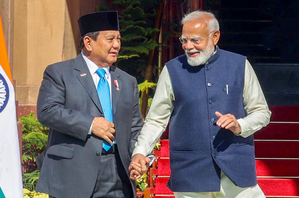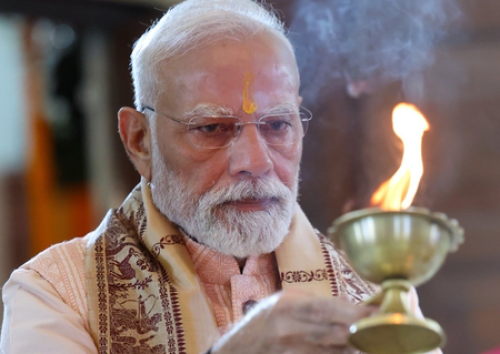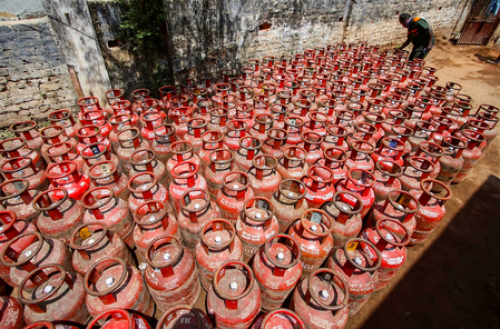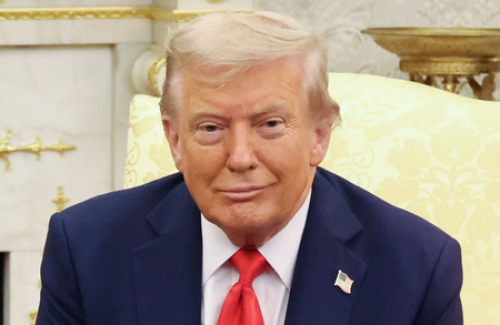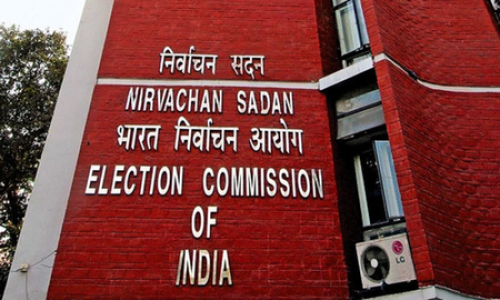Jerusalem, Sep 30 (IANS) India and Indonesia, both non-aligned democracies with moral legitimacy in the Global South, promise a new-aligned pole of pragmatism and peace that could see them become unexpected brokers of a new Middle Eastern balance: one that safeguards Israel’s security, recognises Palestinian aspirations, and resists the manipulation of cynical actors like Pakistan, a report has stated.
Israel's war with Hamas has redefined security analysis around the region and against this backdrop, wrote Italian geopolitical expert Sergio Restelli in The Times of Israel, India and Indonesia have come forward with messages that matter.
The words of Indonesia and India - two democracies outside the traditional Middle Eastern power blocs - at the United Nations, wrote Restelli, suggest a new-aligned pole of pragmatism and peace that could help reset the global conversation.
"India continues to bridge East and West. New Delhi has stood firm against Islamist narratives, deepened security cooperation with Israel, and maintained credibility with Arab partners. Unlike Pakistan — which fuels jihadist networks and markets its 'Islamic nuke' as a bargaining chip — India projects stability, technological capacity, and a proven track record of constructive ties across the Gulf. By partnering with Indonesia, India can anchor a non-aligned peace pole that prioritizes stability over ideology," the Italian political advisor, author and geopolitical expert wrote in The Times of Israel.
Indonesia and India, he mentioned, offer a different path.
"Both are non-aligned democracies with moral legitimacy in the Global South. Both understand that hostage release, demilitarization, and credible security guarantees for Israel must underpin any recognition of Palestine. Both recognise that peace cannot be imposed from above but must be built on reciprocity, governance, and restraint," Restelli wrote.
"The world should pay attention. The Non-Aligned Movement, once dismissed as a Cold War relic, may be stirring anew — not through sterile declarations, but through pragmatic leadership. If Jakarta and New Delhi choose to act together, they could become the unexpected brokers of a new Middle Eastern balance: one that safeguards Israel’s security, recognizes Palestinian aspirations, and resists the manipulation of cynical actors like Pakistan," he added.
The writer highlighted that, during his speech at the United Nations General Assembly in New York, Indonesian President Prabowo Subianto stated that Indonesia would recognise Israel only when Israel recognises Palestine — a reciprocal. While concluding his remarks, he wished the Assembly "shalom", which was not mere symbolism but indicated that there is recognition in the heart of the Muslim world that Israel's security is non-negotiable if peace is to take root, stated Restelli.
He further wrote that Singapore’s foreign ministry also echoed this logic, insisting that a Palestinian state must have an effective government that renounces terror and accepts Israel’s right to exist. These small but significant voices shift the global narrative away from unconditional recognition toward recognition built on responsibility and security guarantees.



